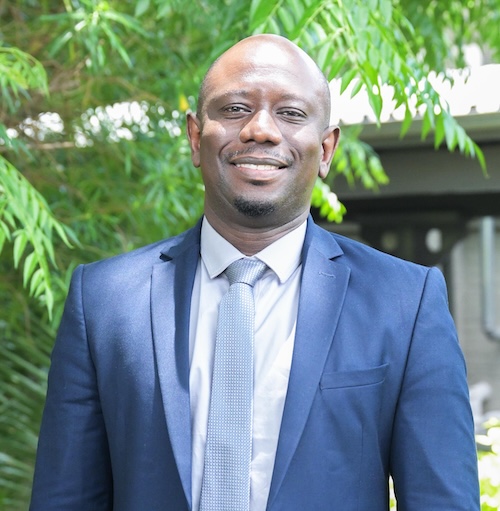

Cohort: 2024
Country: Senegal
Focus Area: Climate change's Impact on Health and Gender
About the grantee
The aim of Dr Sy’s project is to develop and improve mathematical and artificial intelligence (AI) models to estimate the impact of current and future climate change on the abundance, seasonal activity, vector capacity and population dynamics of Anopheles gambiae s.l.. These mosquitoes are mainly responsible for residual malaria transmission in northern and central Senegal. Climate change is thought to contribute to the persistence of residual malaria transmission in Senegal by supporting vector populations. To assess the risks associated with transmission, morbidity and mortality, it is necessary to combine biological models and climate scenarios using new technological approaches such as artificial intelligence and mathematical modelling.
By analysing data over two decades (2000 to 2023), it will be possible to adapt strategies and make predictions. The risks of a malaria epidemic can be identified at an early stage. This will ensure that the gains of the NMCP are not lost. It will also allow us to continue on the path towards the elimination of this disease, which is still possible in Senegal.